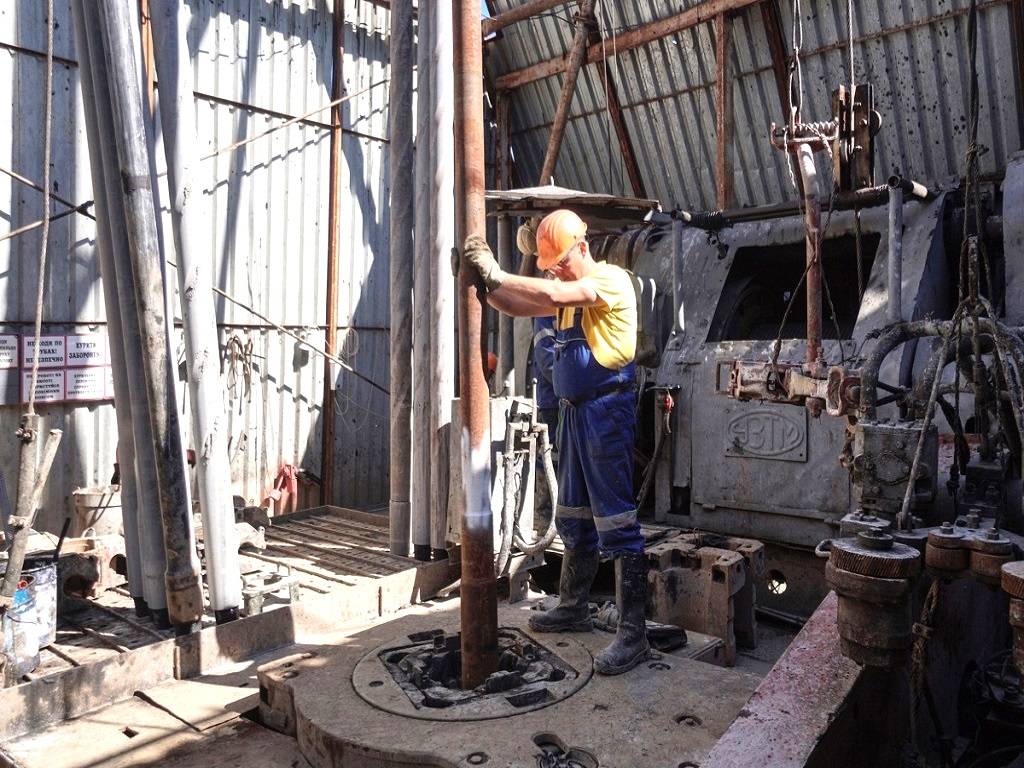
Tension over Ukraine is rising, with the potential of sanctions on Russia threatening to further raise prices of commodities critical to the global economy.
Following repeated warnings from the US and its allies that Vladimir Putin may be contemplating an invasion of Ukraine, which he has constantly denied, the Russian president officially recognized two self-proclaimed republics in eastern Ukraine and ordered "peacekeeping forces" to enter the territories.
Western leaders have criticized the moves, with the United States and the United Kingdom set to announce further sanctions as soon as Tuesday, while the European Union will begin the process of agreeing penalties.
Markets have been on edge for weeks, and a real conflict – or sanctions – could drive up energy and food prices even more, putting Europe in a huge supply crisis.
Crude oil is getting close to $100 a barrel, while European natural gas prices rose on Tuesday. Other commodities have gained as well, with aluminium approaching a record and wheat reaching a one-month high. Gold, a time-honored haven, is nearing its highest since June.
"Rising geopolitical tensions are exacerbating the case for commodities, given Russia's far-reaching impact on global commodity markets,” JPMorgan Chase & Co said in a report.
According to Bloomberg Intelligence, sanctions might cause food and energy shortages, forcing prices to skyrocket.
Capital Economics said, commodity prices will have the greatest impact, with a worst-case scenario seeing oil reach $120 to $140 and gas rise higher, adding about 2 percentage points to headline inflation in advanced economies this year.
It will be difficult to get an agreement on the scope of sanctions because Russia's moves fall short of a clear military attack and penalties might threaten to boost prices of critical items at a time when household budgets are already strained.
The first step may be to penalize individuals engaged in the recognition of the two breakaway areas in eastern Ukraine, which would be a more restricted move that could happen rather swiftly.
With traders and policymakers scrutinizing every action and comment in the impasse, here is a look at the potential implications for crucial raw materials.
Gas Hit
So far, one of the most significant impacts has been on Europe's gas markets. Geopolitical concerns have been exacerbated by Russia's already constrained supply and below-average stockpiles, with prices in the region jumping nearly fourfold in the past year.
A full-fledged conflict may interrupt Russia's massive shipments to Europe, nearly a third of which typically comes via Ukraine.
Sanctions could hit trade and keep a new pipeline, Nord Stream 2, from bringing Russian gas to Europe.
All of this might have a significant influence on replenishing inventories in the summer, making next winter tough as well. Prices might increase far more, sending Europe's economy into a tailspin. Russia would also lose huge amounts of revenue.
Nonetheless, many people believe that gas supply will not be interrupted or considerably reduced. Russia intends to sustain uninterrupted gas supply to global markets, said Energy Minister Nikolai Shulginov in Qatar, where he is attending a gas forum.
Food and Fertilizer under Risk
Even increasing food prices might be a huge casualty. Ukraine and Russia are global wheat, corn, and sunflower oil trade giants, leaving purchasers from Asia to Africa and the Middle East exposed to higher bread and meat if supplies are disrupted. This would raise food prices, which are currently the highest in a decade.
Wheat prices rose after Russia took Crimea in 2014, despite the fact that exports were unaffected. Since then, Russia and Ukraine's proportion of global exports has increased with countries like Egypt and Turkey relying on the Black Sea breadbasket.
Cargoes are still moving easily, and there are no signs of substantial impediments.
However, if this occurs, world markets, which are already dealing with diminishing grain stocks, would be further strained.
Metals crunch
Traders are also assessing the danger of a disruption in Russian metal exports such as aluminium, nickel, palladium and steel even though experts warn that hitting Russian manufacturers directly with sanctions would be a massive own-goal for the West.
US sanctions against United Co Rusal International PJSC sparked turmoil in the aluminum market in 2018, and policymakers may not want to risk a repeat. Rusal’s shares have plunged in Hong Kong in recent days.
Oil Spike
With little spare production capacity in other nations, any disruptions in Russian oil flows may easily send prices soaring.
In London, prices are reaching $100 per barrel. Additional sanctions, on top of those currently impacting Russia's oil industry, may push oil prices substantially higher much faster.
At that price, the global economy's impact may be debilitating. It's one of the reasons why many people don't expect sanctions to be so strong that oil flows are considerably disrupted. Furthermore, Saudi Arabia and other Middle Eastern countries may be able to fill the need.
Still, traders remain edgy. Around half of Russia’s oil and condensate exports are directed to Europe. Disruptions could wreak havoc, and force trade routes to change.










